Sadly, teaching of the arts is something that is now being neglected in our society. However, there are so many wonderful benefits of music education, both for children and adults, that it's sad that the teaching of music skills has declined as much as it has. Here are some great reasons why you should encourage musical instruction for your child, or ways to convince yourself why you should consider learning that instrument you've always wanted to play.
1) Music Encourages Hard Work and Dedication
Learning a musical instrument is no easy task. In fact, at times it can be downright difficult. However, if a person wants to get anywhere with it, then they have to be willing to put in the time and effort it takes to become good at what they play or sing, and to sound good. Practice is a must, and dedication to a set time and schedule is the best way to make sure it becomes a regular habit. When they hear excellent, rather than mediocre, one can best understand the results of the effort put in. This type of diligence often transfers to other tasks in life.
2) Music Makes You Smarter
Early music education is often encouraged because of the wonderful effects it has on the brain. Music exposure early in life aids in the development of language and reasoning skills. It helps form better connections within the brain. It results in better problem-solving skills, and helps improve one's memory.
Studies have shown that those with experience in music education have better grades, and higher test scores, in both math and reading. They often have higher SAT scores as well! Overall, musicians have been found to have higher IQs.
For adults, music education often helps prevent memory loss, and the decline of certain brain functions. It can result in being able to process information more quickly, and better planning capabilities.
3) Music Spurs Creativity
Music is a great outlet for self-expression. Sure, there are often set notes on the page, but those are often open for personal interpretation and variations. Often, there are places in music for improvisation. There's the desire to combine techniques, and create one's own songs. Musicians are always experimenting with options to make their viewpoints known, and their desire to introduce creative, fresh new sounds.
The influence music has on the brain also contributes to creativity in other areas. Another of the benefits of music education results in better spatial-temporal skills - those responsible for being able to visualize things. This leads to creative problem-solving in areas such as math, engineering, and in computer-related areas.
4) Music is Healthy
One of the more overlooked aspects of the benefits of music education is its impact on one's health. Not only can playing help reduce stress, anxiety, and help combat depression, but it can also contribute to better immunity! Exposure to music can help increase the production of a specific antibody within one's body. The nervous system seems to function better, also.
5) Music is Social
For both children and adults, music can be a social activity. Relationships are established between teacher and student. When playing as part of a band, one meets new people, and learns how to work with them. In a way, teamwork is encouraged, because one works with their peers to help produce the best pieces they can, so the music sounds as good as possible. Nobody wants to let everyone else down when playing as part of a group, so a sense of community and camaraderie is established. It's also a great way to make new friends.
As you can see, some sort of musical activity can be beneficial in numerous ways. It's never too late to join a choir, pick up an instrument, or to sign up your child for musical training. Today is as good a day as any to get started, so that you, too, can experience the benefits of music education.

